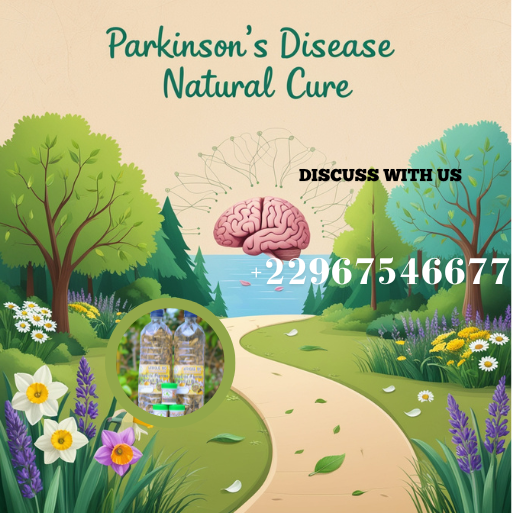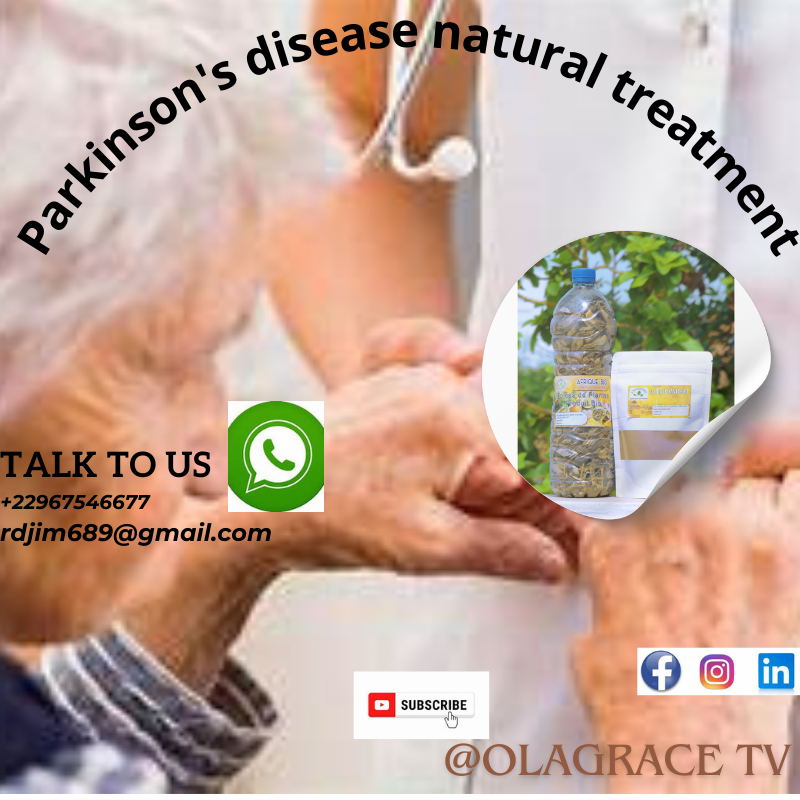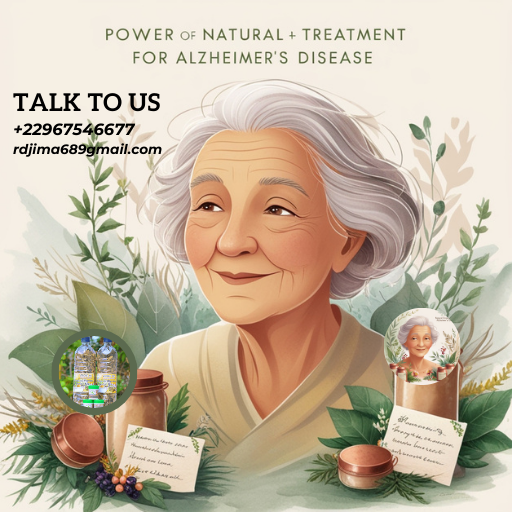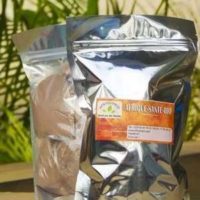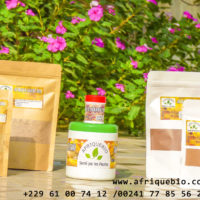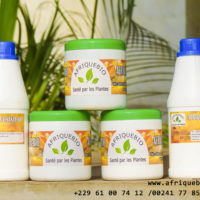Description
Parkinson’s Disease Natural Cure. Order our best remedy to manage Parkinson’s disease and receive the complete diet guide freely.
Click here to join us

Overview of Parkinson’s disease
Parkinson’s disease is a long-term neurodegenerative disorder marked by the slow and irreversible loss of dopamine-producing neurons located in the substantia nigra of the brain. This condition affects the central nervous system and manifests through a variety of progressive symptoms, such as bradykinesia, hand tremors, muscle rigidity, and cognitive difficulties. The particular area of the brain that is impacted plays a vital role in the regulation of movement, leading to individuals experiencing progressively more rigid, jerky, and involuntary motions.
Read Also: Alzheimer’s Natural Cure In Canada
Examples
For instance, tasks such as drinking from a cup with accuracy and agility become challenging. There is currently no cure for the disease, although herbal medicines can help alleviate symptoms, slow down the progression of the condition, and improve the quality of life for patients. Unlike Alzheimer’s disease, individuals with this condition retain their mental clarity. Typically affecting individuals over 60 years old, the disease causes a gradual and irreversible loss of memory and other mental faculties. It appears to have a hereditary component, and although a cure is not yet achievable, we can take steps to prevent or delay its progression through the use of dietary supplements. One such supplement is herbal tea No. 119, which is abundant in micronutrients.
Symptoms of the disease
Frequently linked to memory impairments, the condition typically presents with both motor and non-motor or cognitive disturbances. These may include challenges in movement characterized by tremors in the hands and feet, cognitive difficulties, alterations in mood and behaviour, and occasionally symptoms of depression, anxiety, and insomnia. Additional complications may involve swallowing difficulties, incontinence, digestive issues such as constipation, fluctuations in blood pressure, episodes of dizziness or lightheadedness, diminished olfactory perception, fatigue, pain, and sexual dysfunction, among others.
If you need advice write to us here
Difference between Parkinson’s disease and Alzheimer
From an emotional perspective, Parkinson’s disease tends to be less severe than Alzheimer’s disease; however, both conditions typically lead to significant behavioural and sleep-related issues. Individuals diagnosed with Parkinson’s often maintain clarity of thought and awareness, with the primary challenges arising in terms of autonomy and mobility. Activities such as eating independently, walking, standing, dressing, greeting others, and personal hygiene can become considerable difficulties for the patient. It is essential to seek medical advice for an accurate diagnosis.
LEARN MORE ABOUT DEPRESSION NATURAL CURE
OUR PRODUCT BENEFITS
Herbal tea N ° 379: A: Parkinson’s Disease Natural Cure is an antidepressant, psychotropic, immunoreconstitutive food supplement that nourishes the brain, provides a restful sleep and delays the evolution of Parkinson’s disease. Some useful functions will be restored allowing the patient to live better in his environment.
Advertisement
TECHNICAL SHEET OF Parkinson’s Disease Natural Cure
Presentation Powder in a jar or bag
weight 50g
Compositions Plant extracts
Properties Antidepressant, psychotropic, calming, reducing, analgesic, immunoreconstituant, antioxidant, etc.
Active ingredients -Sothing, immunoreconstituant, antioxidant, etc.
Instructions for use Read the instructions
Indications Parkinson’s disease, memory disorder, etc.
Side effects None
Duration of treatment Six to twelve months with psychological support
Price 50 euros
Discover Alzheimer’s, Natural Cure
Therapeutic Effects of Parkinson’s Disease Natural Cure
The Herbal tea N°379 is a natural remedy for Parkinson’s disease. It acts as an antidepressant, psychotropic, and immunoreconstitutive food supplement that nourishes the brain, promotes restful sleep, and delays the progression of Parkinson’s disease.
Indications
Parkinson’s disease, memory disorder, etc.
Manual: Parkinson’s disease, natural treatment »We have developed a promising remedy to protect neurons and alleviate symptoms for those suffering from Parkinson’s disease, an age-old degenerative condition. This treatment has the potential to greatly improve the quality of life for patients. I urge you to take the time to learn about this beneficial remedy. »
Click below to order clove oil
NB: We offer a tea rich in dopamines to help. Please find the remedy. Our herbal tea is efficient.
A complete Parkinson’s diet guide: Parkinson’s Disease Natural Cure
Living with Parkinson’s disease necessitates a focus on diet, which can contribute to overall health and may alleviate certain symptoms. Adopting a nutritious diet not only enhances your well-being but also increases the likelihood of enjoying a longer and more fulfilling life.
It is essential to note that the only scientifically supported dietary approaches beneficial for individuals with Parkinson’s are those that promote general health and apply to everyone, irrespective of their condition. Among these, the Mediterranean diet stands out as one of the healthiest options, making it a recommended choice for those affected by Parkinson’s. With this in mind, here are several suggestions and food items to consider incorporating into your diet if you are living with Parkinson’s.
Mediterranean Diet
PFNCA recommends a Mediterranean diet for Parkinson’s disease patients due to its health benefits, incorporating traditional Mediterranean foods from Italy, Greece, and other Mediterranean countries.
This diet can be summarized into three categories: foods you should eat (Often, Moderately, and Rarely).
Foods that should be OFTEN incorporated into your Parkinson’s Diet
Below is a list of foods you should try to incorporate into your diet as often as you can:
- Fruits
- Vegetables
- Whole Grains
- Seeds
- Nuts
- Olive Oil
- Plant-based foods
Foods that should be Moderately incorporated into your Parkinson’s Diet
Below is a list of foods that could also be added moderately into your diet and some could be added daily.
- Seafood
- Dairy
- Chicken / Turkey
- Eggs
Foods that should be Rarely incorporated into your Parkinson’s Diet
These foods should rarely make it onto your plate and should be reserved for special occasions.
- Red meat
- Sweets like cookies or candy
Foods and fad diets to avoid with Parkinson’s
While eating a Mediterranean diet can help with Parkinson’s, you need to make sure you are also avoiding the foods and fad diets that are detrimental to your health and may exacerbate your Parkinson’s symptoms.
Below is a list of some foods you should avoid eating or limit the amount you eat for Parkinson’s:
- Foods high in saturated fats
- Processed foods
- Large amounts of protein
- Iron may reduce the amount of PD medication being absorbed
- High citrus juices like orange juice
- Sugary foods and drinks
- Large amounts of alcohol
- Hard-to-chew foods
Fad diets to avoid or be sceptical of: Parkinson’s Disease Natural Cure
Scepticism is advised for Parkinson’s patients when considering fad diets like Caveman, Carnivore, and Whole30 diets, as they are unsustainable and not healthy in the long run. Parkinson’s-specific diets are dangerous due to small studies claiming specific foods or nutrients help and excessive intake can harm the condition. The Mediterranean diet, one of the healthiest, is recommended for those with Parkinson’s.
Click on this link to contact us
A Healthy Parkinson’s diet.
The Mediterranean diet may aid Parkinson’s patients, but overall health and well-being can be significantly improved by focusing on a healthy, balanced diet.
A few healthy diet tips are below:
- Reduce sugar intake
- Eat lots of fruits, vegetables and grains
- Eat foods high in fibre
- Drink lots of water
- Avoid consuming saturated fat and cholesterol.
- Consume alcohol in moderation.
- Talk to your doctor about setting up the best diet for you.
Our Parkinson’s diet guide provides guidance on setting up a healthier lifestyle, but individual needs vary, so consult with a doctor before making any dietary changes.
